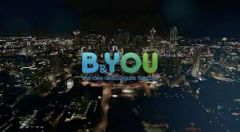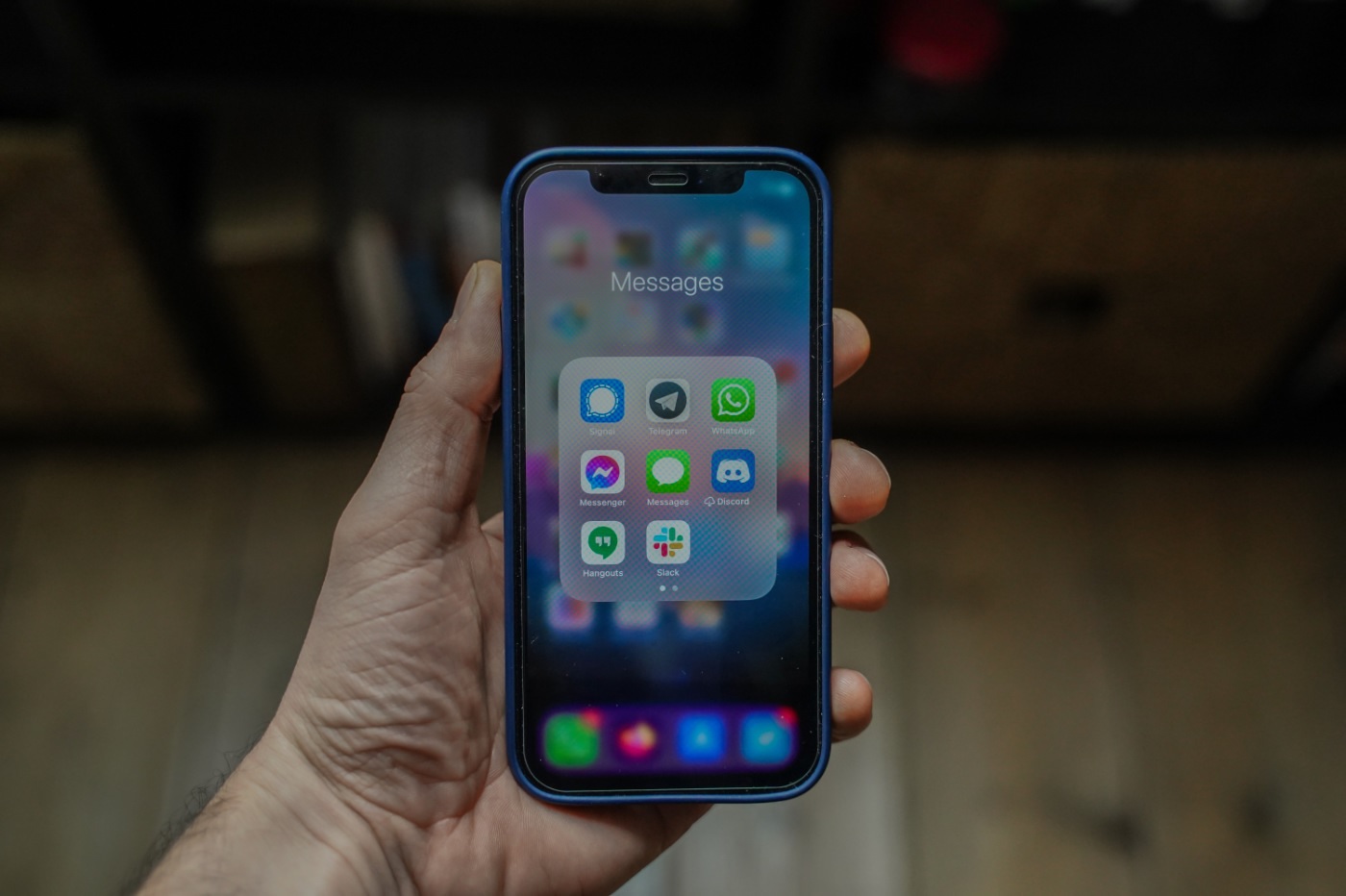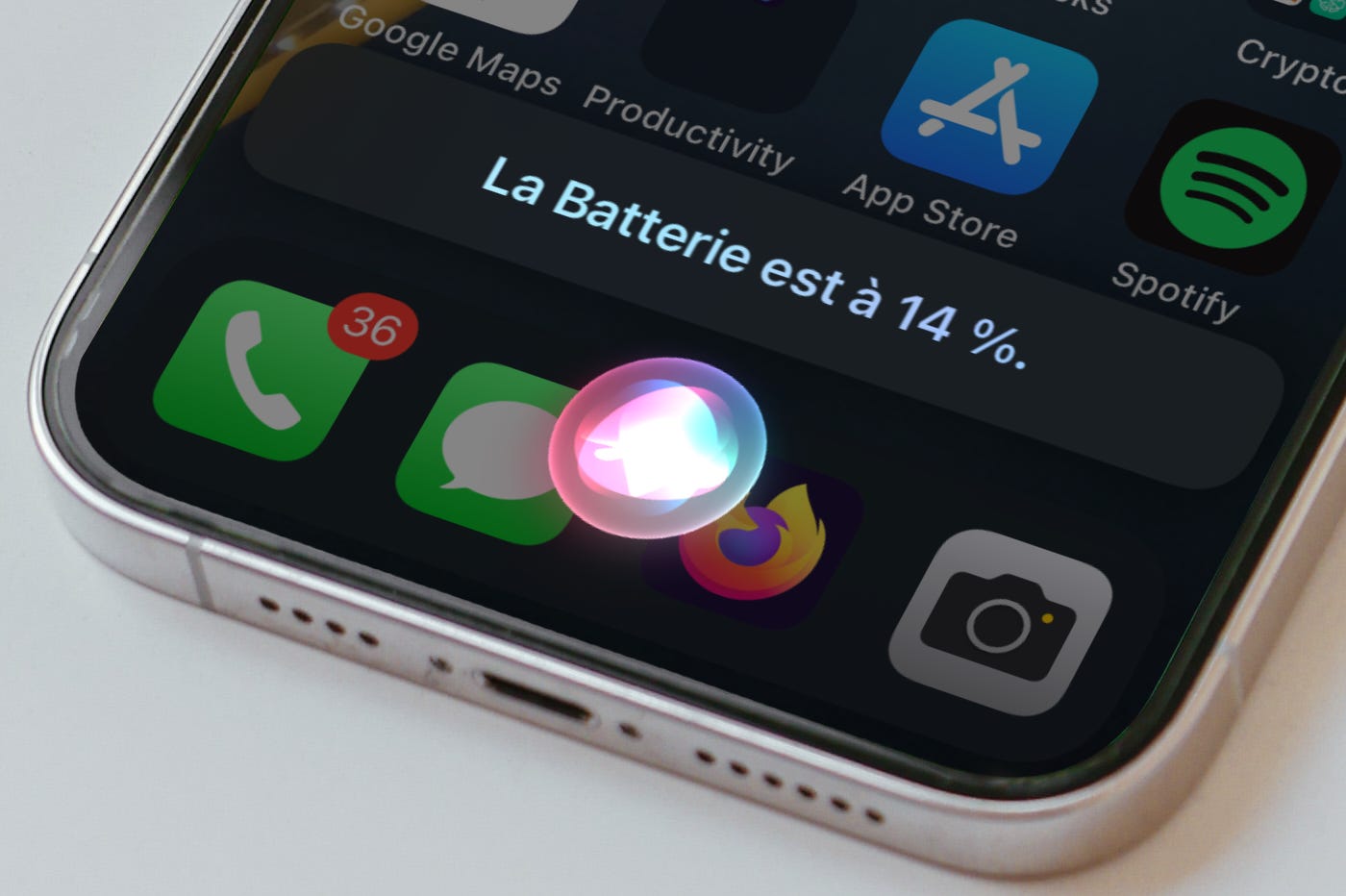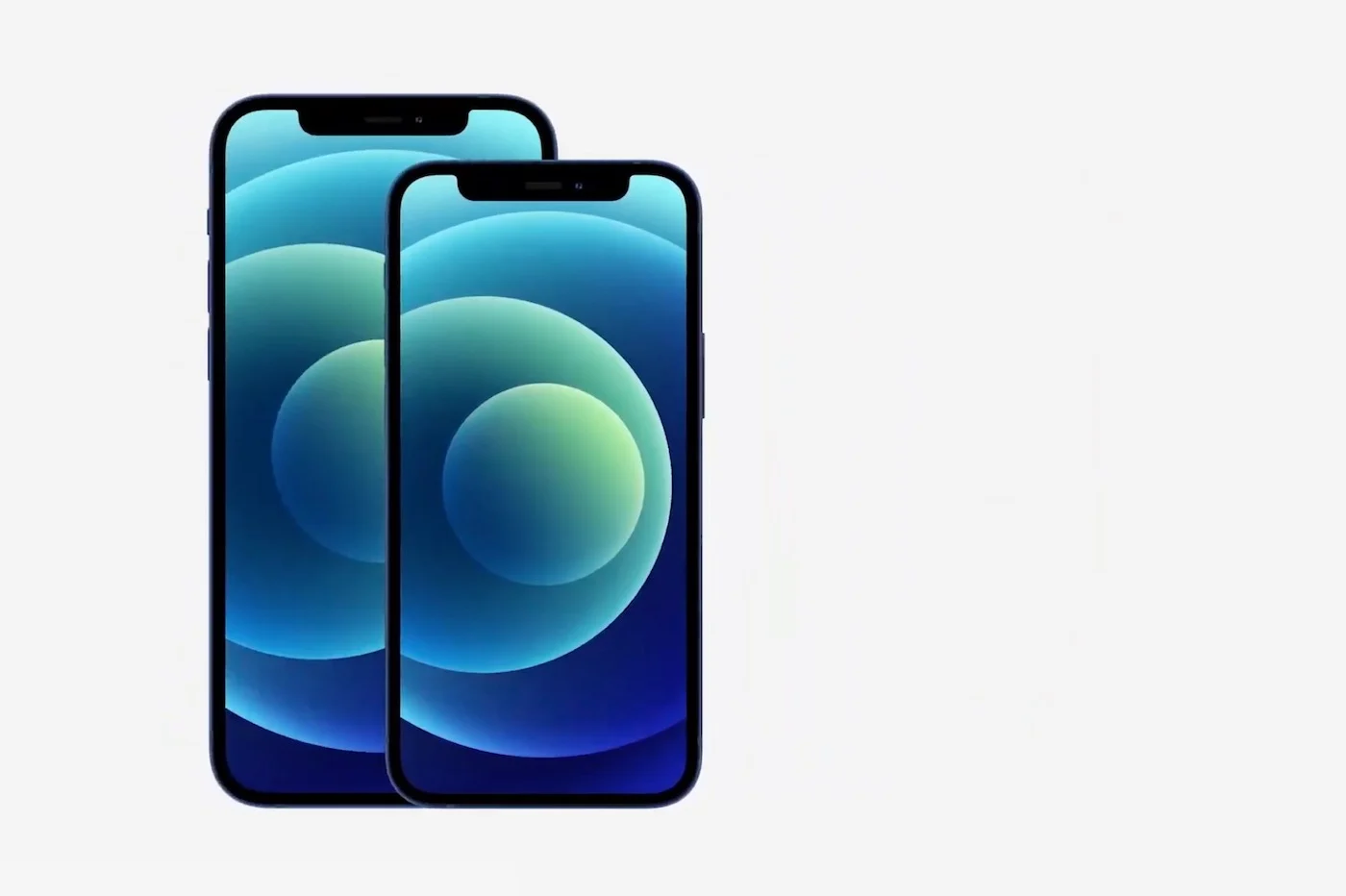Nowadays, more and more people are using software called VPNs. This acronym is the abbreviation of Virtual Private Network, or Réseau Privé Virtuel, in French. This software ensures your security on the internet by protecting your data and your identity.
But they go further: they also allow you to access content normally prohibited in your geographic area. The question then arises: are VPNs legal? It is legitimate to ask this, since the latter circumvent certain legislation.
Rest assured, as far as France is concerned, VPNs are completely legal. Let's see what it is in more detail, starting by describing the precise functioning of VPNs, in order to better understand their legal or illegal nature.
How does a VPN work?
To fully understand how a VPN can possibly deviate from the law, you need to knowhow these software work. We will therefore quickly look at the 3 main functions of VPNs.
Encryption of your browsing data
As we stated above, VPNs are primarily used to ensure your security when browsing the net. For this purpose, these tools act on your browsing data.
Indeed, when you browse the net, you leave behind all kinds of information, which remains accessible to those who know how to find it. This information is diverse, but can for example contain your passwords or your banking details.
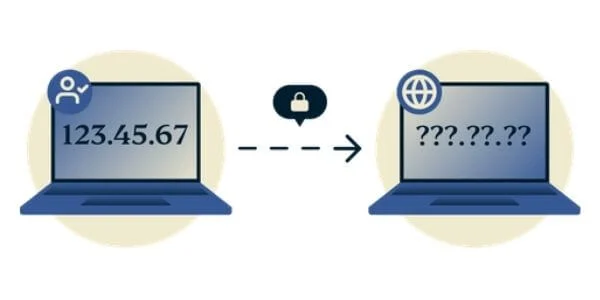
Data encryption © ExpressVPN
To prevent this data from falling into the wrong hands, the VPN will encrypt it. Thus, your information becomes completely unreadable. You will therefore not be the target of hacking, or even unwanted advertisements since the latter are based on your browsing information to appear to you.
The best VPNs on the marketuse encryption according to an advanced standard called AES-256 and can thus guarantee the integrity of your data in a completely optimal way.
Hiding your IP address
To fully understand everything related to the legality of VPNs, you must also understand that these tools will change your IP.
Indeed, for your digital security, there is a second very important point: your IP address. This address is a series of numbers that identifies you on the internet. Via this IP address, it is possible to have access to information such as your identity or your precise location.
To prevent this personal information from being discovered,VPNs hide your IP address, and replace it with a fictitious IP address. This way, it is impossible, even for hackers and malware, to trace your real identity.
The interest here is to avoid possible usurpation. But beyond this parameter, it also allows you to browse 100% anonymously. Thus, no one can spy on your browsing, whether it is your Internet service provider, your employer or even the State. As you will have understood, VPNs protect your identity by camouflaging it.
ExpressVPN: the best VPN on the market
Bypassing geo-blocks and censorship
Beyond the security aspects strictly speaking, VPNs are also widely used to bypass geo-blocking and even censorship. Indeed, given that you are anonymous and that you can virtually change your location thanks to them, this software allows you to access all kinds of content.
Firstly, you can access sites that are often blocked, such as torrent download sites for example, without the risk of being identified. Then, thanks to the multiple servers distributed in different countries that they own, VPNs allow you to virtually change your location.
Thus, you can simulate a presence wherever you want on the globe, in order to have access to the contents of this area, such asles catalogues Netflixor online game servers for example. Finally, thanks to this virtual location modification, you can also bypass government censorship in certain countries affected by this type of restriction.
Given everything we have just listed about VPNs, it is legitimate to wonder if they are legal. We will therefore see what it is, depending on the areas of the world concerned. What we can already tell you is that VPNs are indeed legal on French territory, which is a good thing.
A Europe
In the era of virtual and digital freedom in which we live, European countries, and therefore France, completely accept the use of VPNs. Indeed, it is collectively accepted that the protection of your personal data is a right, including at the digital level.
This software is therefore 100% legal in France, and more widely in Europe. They are generally used by individuals to protect themselves and browse anonymously, but also by professionals wishing to secure their important information.
This is all the more valid with the big boom in teleworking that we are witnessing: professionals are working more and more remotely, and must be able to exchange without the risk of having their data hacked. In many companies, the use of VPNs is even mandatory to be able to connect to the network. We are obviously talking about corporate VPNs and not “consumer” VPNs, but the situation regarding their legality remains exactly the same.
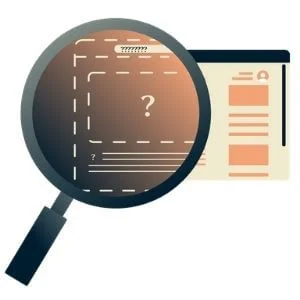
VPN and the law © ExpressVPN
However, while European governments do not prohibit the use of VPNs for personal protection, it is of course forbidden to use them to violate the law. If you use a VPN to access illegal content or to fool HADOPI, this is not allowed, which is pretty obvious.
You will have understood: there is nothing illegal about a VPN in itself. However, if you use it for fraudulent purposes, such as illegal downloads or viewing non-royalty-free content, you find yourself outside the scope of the law and are punishable. A good comparison to this would be: having a Ferrari is completely legal. Driving at 250km/h in France with the latter is much less so. It's exactly the same with VPNs. They are perfectly legal but some of their uses can cross over to the dark side.
In any case, for normal use, remember that the use of a VPN is completely legal on French soil, and more generally throughout Europe.
ExpressVPN: the best VPN on the market
In North America and Anglo-Saxon countries
Another area of the planet is very concerned by the use of VPNs, this is North America. Indeed, the United States and Canada mainly are areas that are full of content and which attract many Internet users.
But another reason makes the use of VPNs interesting in these countries: they are part of the “Five Eyes” alliance. You may not know this alliance, but know that it brings together five countries (United States, Canada, but also Australia, New Zealand and the United Kingdom) and aims to collect your digital information on behalf of intelligence services .
In this way, your data is kept and stored, which can be used by all kinds of organizations, but also by the authorities. The use of a VPN then takes on its full meaning, protecting you from this practice.
The question then arises of the legality of VPNs in these countries: is evading this vast collection of virtual information at the government level authorized? The good news is that the answer is yes. No law (in the USA or elsewhere in the countries mentioned) prohibits the use of a VPN.
These VPN software are therefore 100% legal in North America and in the other Anglo-Saxon countries of the “Five Eyes” alliance that we have spoken about.
Countries where VPNs are controversial
We have just talked about a certain number of countries where individual freedoms hold a certain place, including on the digital level and where VPNs are perfectly legal and legitimate to use. Unfortunately, this is not the case in all countries around the world. A number of countries and regions block access to many websites: this is called government censorship.
The latter is clearly political and aims to control what Internet users see and know, mainly about the power in place. The main countries concerned are:
- China (see the best VPNs for China here)
- India
- Russia
- Turkey
- The Venezuelan
- Yemen
- Iraq
- Algeria
Residents of these countries are very restricted when it comes to their online browsing. In fact, governments block access to very important sites and media for us, such as Facebook, Google and YouTube.
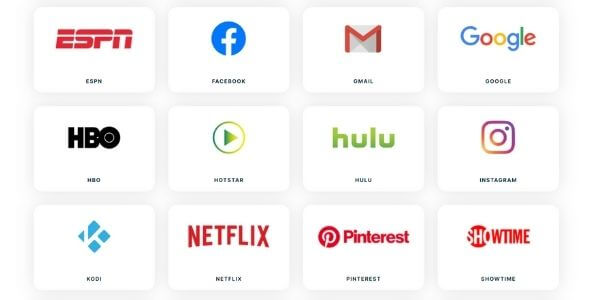
Blocked content © ExpressVPN
Therefore, without a VPN, you cannot access these contents if you are in the affected countries. A good VPN will allow you to bypass this censorship, but is this allowed in these territories? The truth is that the question of the legality of VPNs vis-à-vis government censorship is quite unclear.
Indeed, in some countries, they are prohibited, in others, there is no mention of them in the legal texts. It is therefore advisable to inform yourself carefully before going to one of these countries so as not to have problems with the law.
In any case, be sure to install your VPN before leaving, since its download will likely be blocked in the countries in question.
Choose your VPN wisely
If you are looking for a VPN, whether for use in Europe or America, or in a country with government censorship, there are certain settings you should pay attention to. To choose your VPN carefully, you should focus on several elements.
- The security it puts in place. Not all VPNs are equal, mostFree VPNsfor example only offer minimal protection, whether for encrypting your data or hiding your IP address.
- Connection speed. To be able to browse smoothly, you must choose a VPN that offers good connection speed.
- The number of servers and geographic coverage. Before choosing your VPN, check how many servers it has and their locations. This way you can ensure that it will be effective in the area you are interested in.
- Choose a “No-Log” VPN (that is, one that does not keep any information about you) and which is not based in a country in the “Five Eyes” alliance. This will help you avoid possible leaks of your data.
- Of course, pay particular attention to the prices charged and the quality of customer support, which will be two essential elements of your VPN.
If you want to go for a VPN that combines all of these features, we advise you to look atExpressVPN, the market leader. However, some software such asCyberGhostorNordVPNare also very qualitative and deserve our attention.
ExpressVPN: the best VPN on the market
Conclusion: the legality of VPNs
Our article on the legality of VPNs is coming to an end, and we hope it has shed some light on the subject for you. To summarize, VPNs are software aimed at protecting your data and identity. To do this, they encrypt your browsing information and hide your IP address.
This allows you to guarantee the integrity of your data and browse anonymously, but also to bypass geo-blocks and censorship. This can therefore pose problems in certain countries such as China or Russia, known for their very strong government censorship.
However, in Europe, North America, and many other countries, VPN software is 100% legal. So, you can use a VPN in France without any problem, since it is completely legal.
Frequently asked questions
Still have questions about the legality of VPNs? To try to answer this, we offer you a FAQ.
If you ever have any further questions, please let us know so we can answer them later.
Can I get in trouble if I use a VPN?
There are a number of things that need to be taken into account in order to properly answer this question. First of all, are you using a VPN in a country where it is legal? If the answer is yes, then you are not in danger.
Now even if you use a VPN in a country where it is legal, you are not safe from falling into illegality. Indeed, using a Virtual Private Network does not authorize you to engage in illegal activities.
Obviously, if you are in a country that prohibits the use of VPNs, be extremely vigilant and find out about the risks involved. Very often, the game is not worth the effort.
Is it illegal to use a VPN on Netflix?
No, it's not illegal. Now this constitutes a violation of the streaming platform's terms of use. This is also the reason why many VPNs are blocked on Netflix. That said,some VPNs are able to work properly on Netflix, at least in certain international catalogs.
So be aware of the risks involved. iPhon.fr does not encourage the use of a VPN on Netflix.
Why are VPNs restricted in some countries?
VPNs offer enhanced security on the Internet, and above all greater freedom. Except that some governments do not want their fellow citizens to have access to this freedom on the web. This is why many countries do not allow the use of VPNs, either by blocking their use or threatening sanctions/fines.

